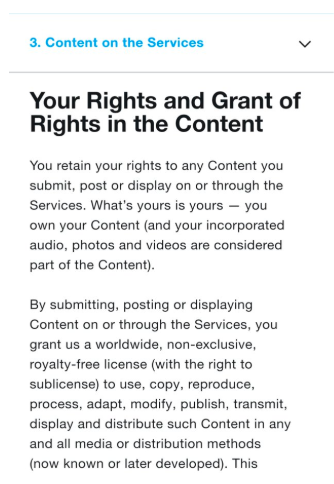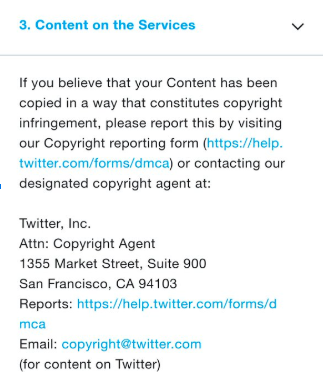Yes, You DO OWN YOUR TWEETS. And They Have Value, Too.
Many months ago, when I launched “The Book Builder’s Blog,” I wrote about the nature of Copyright. It’s not as confusing as many make it out to be; if you have created writing that is your own, you own it. Plain and simple.
Well, I’ve not dived into legal questions on this blog in a long time, and it’s about time I returned to them. Here’s my usual disclaimer: Even though I’m an attorney, this page does not constitute legal advice for your particular circumstance. If you believe you’ve had your copyright violated, contact an attorney who works within your community.
Let’s meet Tyler Hanson, author of the Faction series of novels. You can also find him on Twitter: @VitameatavegamN.
I’ll let Tyler tell his story.
As a budding author, I try to contribute to online communities through writing prompts on Twitter and other free forums. Essentially, given a word or hashtag, I’ll create a micro-story that others can identify with, allowing better connectivity with other authors.
One day, I discovered through a tweet I was tagged in that someone was planning on using some of my stories as part of a vaguely-worded ‘anthology.’ I assumed this would be a blog of some sort, something that simply aggregated the most popular Twitter stories for others to more easily enjoy. Imagine my surprise when, a few weeks later, I learned that my free art was being sold on Amazon in the form of a $10 book!
I immediately reached out to the ‘author’ (which I use loosely, as he did not contribute to the collection of stories in the book), but received no response. After a few days of silence, I contacted the other people from whom he’d taken stories. Most of them sided with the ‘author,’ assuming that their works were public, and, therefore, fair game.
Not one to be easily dissuaded, I reached out to Twitter and Amazon, who worked with me to take down his ads and publication. He finally responded, claiming that my initial lack of opposition was all he needed to justify consent. Nevertheless, he decided to take down the books, stating his plan is to only publish the stories of people who send him private messages agreeing to the usage.
So Tyler’s story raises an important question: Do you own your Tweets? If you create a story on Twitter and share it with the world, do you have rights, and if someone uses those words, can you take legal action against them?
The answer is simple.
Yes.
Let’s take a look at Twitter’s Terms of Service.
You retain your rights to any Content you submit, post, or display on or through [Twitter]. What’s yours is yours—you own your Content.
And check it out! Twitter takes copyright violations very seriously and even has their own officer who handles complaints!
But this is the internet. Can people really succeed in making a claim regarding someone stealing their tweets and using them for profit?
Absolutely.
Frank Ocean, a famous singer, wore a t-shirt with a tweet on it. Problem is, the manufacturer of the t-shirt didn’t acquire the copyright permissions necessary to share the tweet. While the original tweeter ended up settling out-of-court with the manufacturer, it was pretty clear the t-shirt company violated copyright law by using the tweet on the t-shirt without the original creator’s permission.
So let’s turn back to Tyler’s story. A hashtag collected tweets created by writers from across the internet. The editor then considers them and places them in an anthology on Amazon without the permission of at least some of the contributors. The editor sells the books and makes a profit. Unless an author has signed a contract providing copyright permissions to the editor, their rights have been violated. They can take appropriate legal action.
Here’s the point.
Your words are your art. You created them. You invested time into creating those words, As long as what you post on Twitter has minimal creative value and is original in nature, you own it. Doesn’t matter if someone prompted you to write it.
More importantly, you should value your own work. If you want to give your work away for free, great! Do so. I give away stories for free all the time. But it’s your right to do so, not for someone else to take those words without your consent.
So what do you think? Do you think writers shouldn’t worry about their writing being co-opted into anthologies like this, because it grants them “exposure?” What should writers do when someone takes their words without their permission? Share your thoughts in the comments or on Twitter!
Interested in more writing from these C. D. Tavenor and Tyler Hanson? You can find their novels easily on Amazon. Just click the books below!






